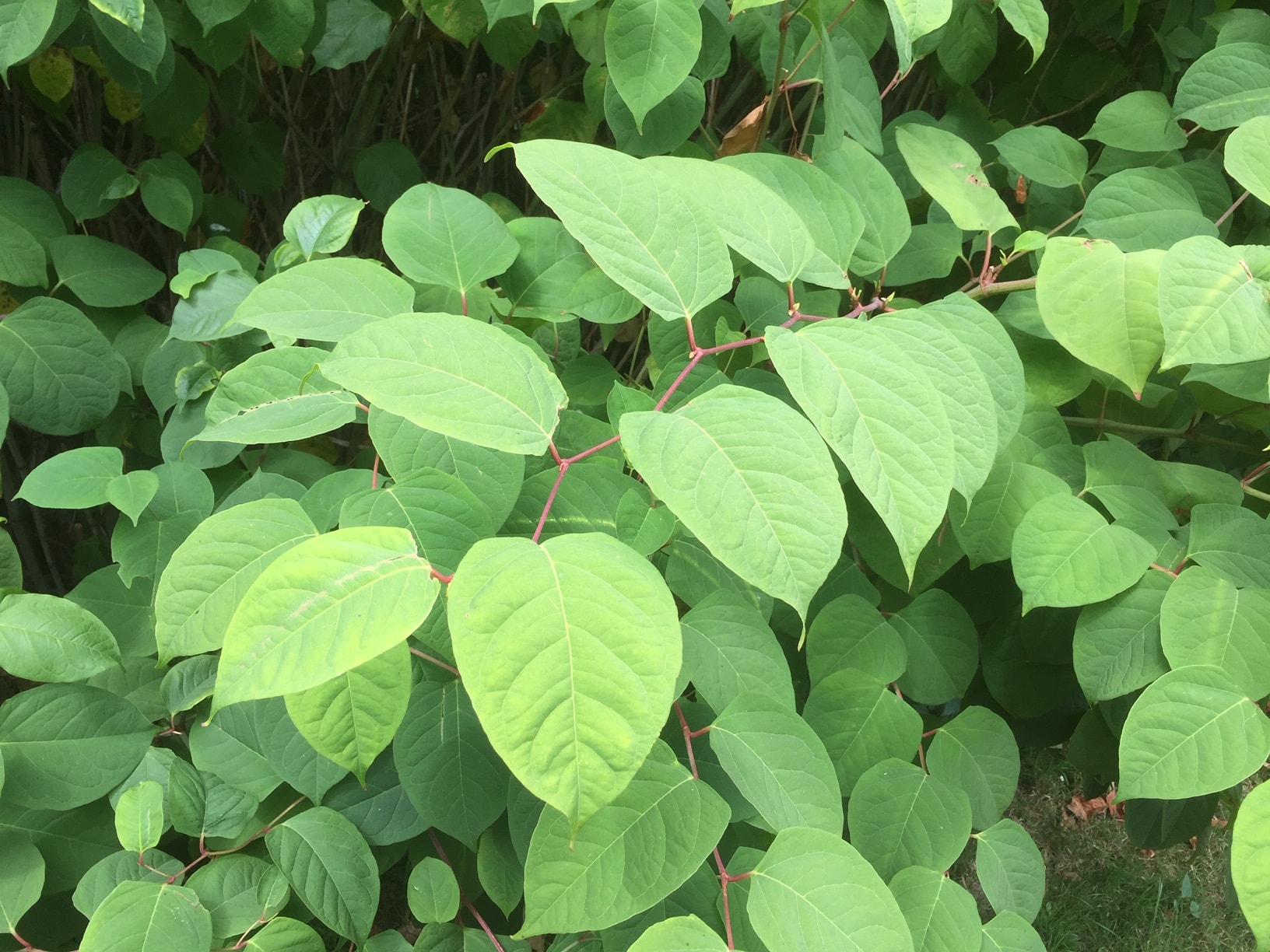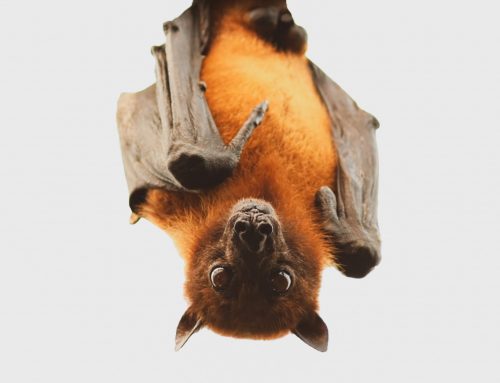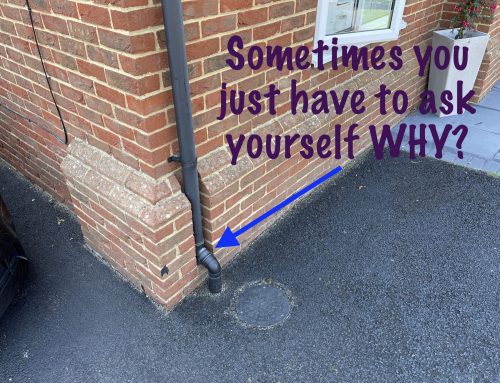We have many things to thank the Victorians for but bringing Japanese Knotweed to the U.K. is arguably not one of them!
Japanese Knotweed, also known as JKW, originated in Asia with its frequency controlled by environmental factors. But here in the U.K. the plant has no natural predators and due to its rapid growth (up to 10cm per day) it out performs other native fauna to the point that during the summer of left untreated the emerging shoots can exploit weaknesses in brick, metal piling and even tarmac which in turn causes damage to buildings.
Removing Japanese knotweed is very difficult as cuttings as small as 2mm can lead to new growth. The plant is classified as controlled waste and as such requires removal by a licensed waste carrier as prescribed according to the Environmental Protection Act (Duty of Care) Regulations 1991.
The presence of Japanese knotweed can cause issues getting a mortgage when purchasing a property. Each lender has their own guidance regarding JKW and what action needs to take place prior to lending on a property that has knotweed.
Common lender prerequisites are:
- The company undertaking removal works hold Property Care Association membership,
- a 5 year herbicide treatment plan with monitoring, and
- a 10 year insurance backed guarantee covering the work done.
If Japanese knotweed is found during your survey or if we suspect it is present but has been cut back/hidden by a vendor we will recommend a specialist Japanese knotweed survey by a local Property Care Association JKW expert is undertaken prior to exchange of contracts so that you understand the potential cost implications of taking on such a property.








Leave A Comment